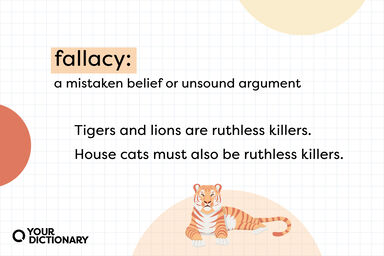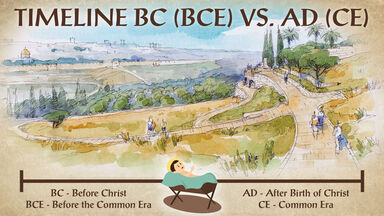The " argument from design " had been a favourite form of reasoning amongst Christian theologians, and, as worked out by Paley in his Natural Theology, it served the useful purpose of emphasizing the fitness which exists between all the inhabitants of the earth and their physical environment.
For Philo lays stress upon the weakness of the analogical argument, points out that the demand for an ultimate cause is no more satisfied by thought than by nature itself, shows that the argument from design cannot warrant the inference of a perfect or infinite or even of a single deity, and finally, carrying out his principles to the full extent, maintains that, as we have no experience of the origin of the world, no argument from experience can carry us to its origin, and that the apparent marks of design in the structure of animals are only results from the conditions of their actual existence.
The argument of these books, however, depends in turn upon the assumption of a benevolent Creator desirous of communicating with His creatures for their good; and the Natural Theology, by applying the argument from design to prove the existence of such a Deity, becomes the foundation of the argumentative edifice.
Natural Theology is specially associated with the Stoic theories of providence in ancient times and with elaborations of the argument from design in the 18th century.
In Theology Herbart held the argument from design to be as valid for divine activity as for human, and to justify the belief in a supersensible real, concerning which, however, exact knowledge is neither attainable nor on practical grounds desirable.





